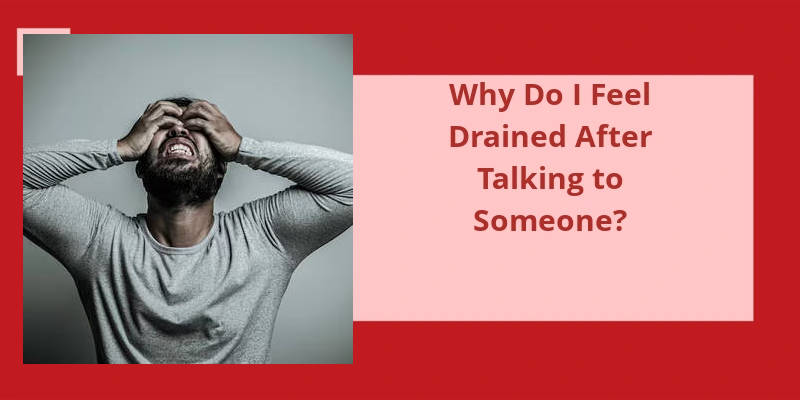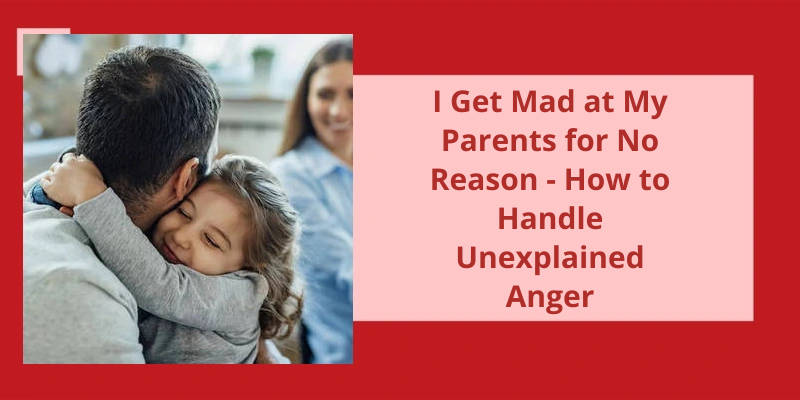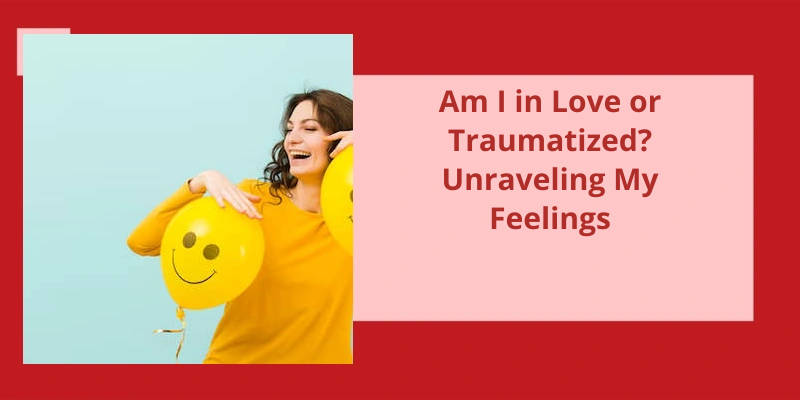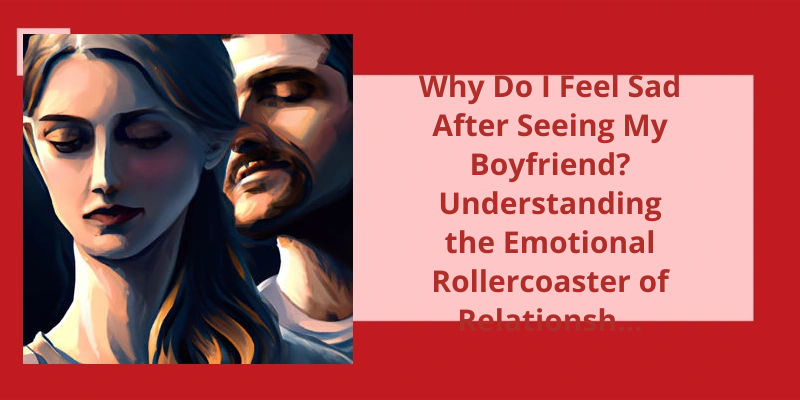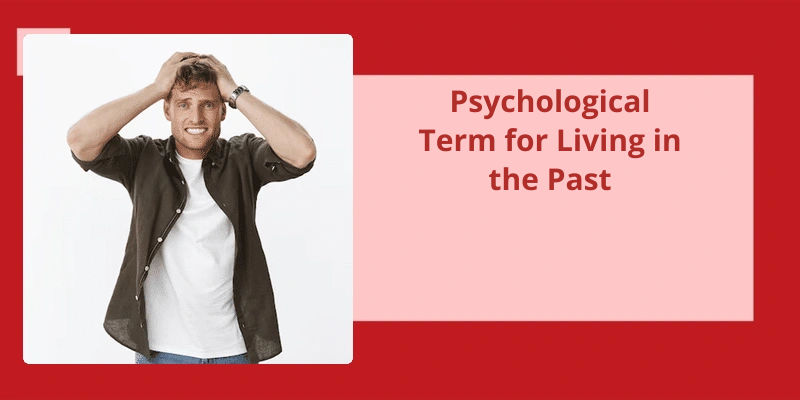Social interactions can be exhilarating and fulfilling for some, but for others, they can be exhausting and draining. Have you ever experienced a situation where after talking to someone, you feel completely drained, as though all your energy has been sucked out of you? This phenomenon, often referred to as social exhaustion, can leave you feeling physically and emotionally depleted. Regardless of whether you identify as an introvert or an extrovert, social exhaustion can be a real and valid experience. It isn’t a medical diagnosis per se, but rather a response to social overstimulation that can leave you feeling overwhelmed and depleted. So, why do some people feel drained after talking to someone? Let's explore the possible reasons behind this fascinating and relatable feeling.
What Does It Mean When Someone Makes You Feel Drained?
When someone makes you feel drained after talking to them, it can be a sign that they’re emotionally draining you. This feeling of exhaustion, both mentally and physically, often arises when you encounter individuals who constantly demand your attention and energy without reciprocating any support or offering anything in return.
Emotional drainage can stem from a variety of behaviors displayed by these draining individuals. They may monopolize conversations, only focusing on their own needs, problems, and achievements, seldom showing any genuine interest in your life or well-being. These individuals may also frequently seek advice or help from you, but rarely offer the same level of support when you need it.
Moreover, emotionally draining people tend to have a negative outlook on life and continually bring their pessimism or problems to your attention. Their constant complaining, whining, or venting can deplete your emotional reserves and leave you feeling drained after every interaction.
Furthermore, these draining individuals often lack empathy and may disregards your feelings or minimize your experiences. They may constantly interrupt, dismiss, or invalidate your emotions, making you feel unseen and unheard. Their self-centered demeanor can contribute to overall emotional exhaustion.
When you encounter individuals who consistently drain your energy, it’s important to set boundaries and prioritize self-care. Learning to say no, limiting your time with them, or even cutting ties with them may be necessary to preserve your own mental and emotional well-being. Surrounding yourself with supportive and positive individuals who give and take in relationships is vital to avoiding emotional depletion and maintaining a healthy sense of self.
There are various reasons why you might feel like people are draining your energy. It could be because you allow them to affect you and because you lack the necessary energy to deal with them effectively. Instead of trying to change others, it’s crucial to shift your focus towards self-care and finding ways to replenish your energy tank. By prioritizing your own well-being, you can better manage these draining interactions.
Why Do I Feel Like People Are Draining My Energy?
Do you ever find yourself feeling completely drained after talking to someone? Like theyve sucked the life out of you and youre left feeling exhausted and depleted? Youre not alone. Many people experience this phenomenon, and it can be quite baffling. So why do we feel this way?
One possible explanation is that certain individuals have a knack for draining our energy. They may be constantly complaining, talking about their problems, or even engaging in negative behaviors. This constant bombardment of negativity takes a toll on our energy levels and leaves us feeling drained.
Additionally, feeling drained after interacting with someone could be a sign that our own energy tank is running on empty. If were already feeling tired, stressed, or overwhelmed, it’s much easier for others to drain our energy. Think of it like a car running on fumes – it’s not going to last very long before it breaks down. Likewise, if our own energy reserves are low, we won’t have the fuel we need to deal with other people effectively.
The solution to this problem lies in shifting our focus from trying to change other people to focusing on ourselves and making ourselves feel better. Instead of getting caught up in someone elses drama, take a step back and ask yourself what you need in that moment. Maybe it’s some time alone to recharge, maybe it’s engaging in activities that bring you joy and fulfillment, or maybe it’s setting boundaries with others and saying no when you need to.
By taking care of your own needs and replenishing your energy reserves, youll be better equipped to handle interactions with others without feeling drained. Remember, you’ve the power to choose how you respond to situations and people. Dont let others drain your energy – take control and prioritize your own well-being.
When engaging in conversation with a friend, it isn’t uncommon to experience a sense of tiredness afterwards. This fatigue can stem from a combination of emotional and physical factors, often attributed to social overstimulation. This overstimulation can leave individuals feeling drained and exhausted, with manifestations ranging from physical exhaustion to feelings of stress, anger, or irritability. At times, this sense of social exhaustion can feel akin to hitting a proverbial wall.
Why Do I Feel Tired After Talking With Friend?
It’s important to understand that social interactions can be emotionally and physically taxing, especially if we’re already dealing with our own personal challenges and stressors. When we engage in conversations, we invest our time, energy, and emotions into the interaction. Sometimes, this investment can become overwhelming, leaving us feeling drained.
One possible reason for feeling tired after talking to someone is the concept of social overstimulation. When we engage in lengthy conversations or discussions that require a lot of mental and emotional engagement, it can exhaust us. Our brains are constantly processing information, analyzing social cues, and empathizing with others. This continuous cognitive effort can deplete our energy levels, resulting in fatigue.
Additionally, interactions with others can trigger strong emotional responses within us. Empathy plays a significant role in social interactions, as we try to understand and relate to what the other person is going through. However, when we empathize, we also absorb some of their emotional experiences. This emotional transfer can be draining, especially if the conversation is centered around heavy or distressing topics.
Moreover, social exhaustion can be a result of navigating complex social dynamics and maintaining relationships. It requires effort to constantly pay attention to social cues, engage in active listening, and respond appropriately. This constant vigilance can lead to mental exhaustion and a feeling of being overwhelmed.
Instead, introverts thrive on deeper, more meaningful conversations that allow them to connect on a genuine level. Engaging in small talk can be mentally exhausting for introverts as it requires expending energy on superficial interactions without any substantial payoff. Instead, introverts prefer to invest their limited social energy in conversations that truly matter.
Why Does Small Talk Exhaust Me?
Instead, small talk often revolves around shallow topics and doesn’t allow for deeper connections or meaningful conversations. As an introvert, this can be especially draining because it requires you to engage in superficial interactions without the opportunity for more profound engagement.
Lastly, constantly engaging in small talk can leave little time for introverts to recharge and replenish their energy reserves. They may need solitude and quiet time to process their thoughts, recharge their mental and emotional energy, and regain their equilibrium. When this necessary time for self-care and introspection is neglected, introverts can feel drained and overwhelmed after prolonged social interactions, including small talk.
Recognizing and honoring these preferences can help introverts better manage their social interactions and ensure that they’ve the energy and resources to engage in more fulfilling and meaningful conversations.
It’s not uncommon to feel emotionally drained by a friend who lacks mutual authenticity, attention, and reciprocity in the relationship. These one-sided friendships can leave us feeling frustrated and depleted, taking a toll on our mental and emotional wellbeing.
Why Does My Friend Make Me Feel Drained?
If you find yourself feeling drained after talking to a friend, it may be worth examining the dynamics of your relationship. Sometimes, certain friendships lack the elements of mutual authenticity, attention, and reciprocity that are essential for emotional nourishment. When these ingredients are missing, the connection can become emotionally draining instead.
When a friend consistently fails to be authentic or genuine in their interactions with you, it can leave you feeling frustrated and drained. Authenticity is crucial for establishing a sense of trust and intimacy in a friendship. When someone isn’t being genuine, it can create a sense of unease and make it difficult for you to be fully present in the conversation. This lack of authenticity puts a strain on the emotional energy you invest in the connection.
Furthermore, if a friend continually fails to give you their undivided attention when you’re talking, it can leave you feeling neglected and drained. When someone is consistently distracted or disinterested, it sends the message that your words and feelings aren’t important or valued. This lack of attention can leave you wanting more from the interaction and feeling emotionally exhausted as a result.
Reciprocity is another crucial element in a fulfilling friendship. If you find yourself always being the one to initiate conversations, make plans, or provide emotional support, it can leave you feeling unbalanced and drained. A healthy friendship involves a mutual give and take, where both parties contribute and support each other. When this balance is absent, it can leave you feeling taken for granted and emotionally depleted.
Over time, the emotional drain from an imbalanced friendship can begin to impact your overall sense of well-being. When you consistently pour your energy into a connection that doesn’t reciprocate or fulfill your emotional needs, it can leave you feeling emotionally drained and potentially affect your mental health. It’s essential to prioritize relationships that provide mutual support, authenticity, and attention to maintain a healthy emotional well-being.
Signs of Emotional Manipulation in a Friendship and How It Can Drain You.
Signs of emotional manipulation in a friendship can’t only be harmful, but they can also leave you feeling drained. It may start with subtle behaviors such as constant guilt-tripping, playing the victim, or making you doubt yourself. Over time, the manipulative friend takes advantage of your empathy and kindness, leaving you feeling emotionally exhausted. They may also exhibit controlling tendencies, always seeking to have the upper hand and keeping you dependent on their approval. Recognizing these signs is essential to protect your well-being and maintain healthy relationships.
Conclusion
This phenomenon, although not clinically defined, is characterized by an overwhelming emotional and physical response to social overstimulation. Engaging in prolonged social interaction can take a toll on our energy levels and leave us feeling depleted and exhausted. Understanding and acknowledging this phenomenon can help individuals take proactive steps to manage and replenish their energy reserves, ultimately leading to a healthier and more balanced social life. So, the next time you find yourself feeling drained after speaking with others, remember that it’s a completely normal response and prioritize self-care to reclaim your energy and recharge.

